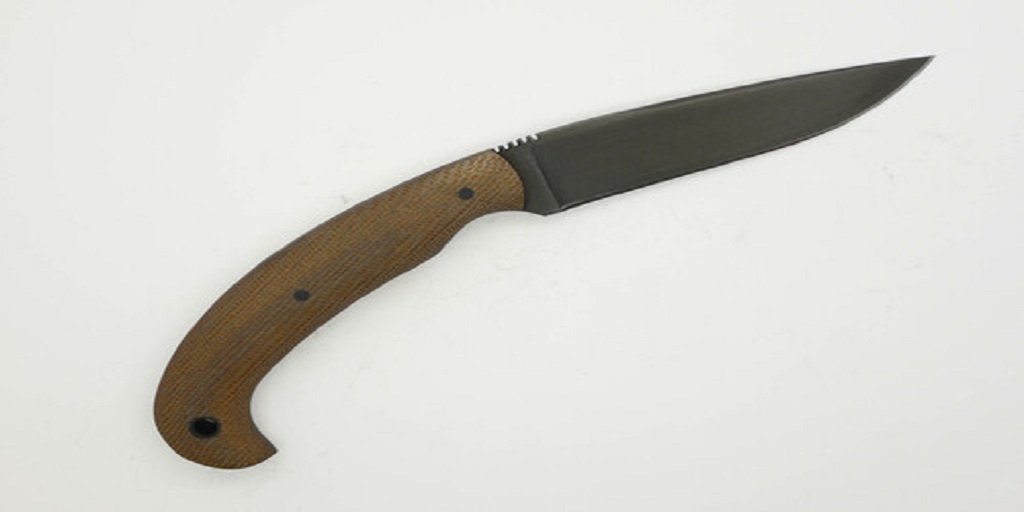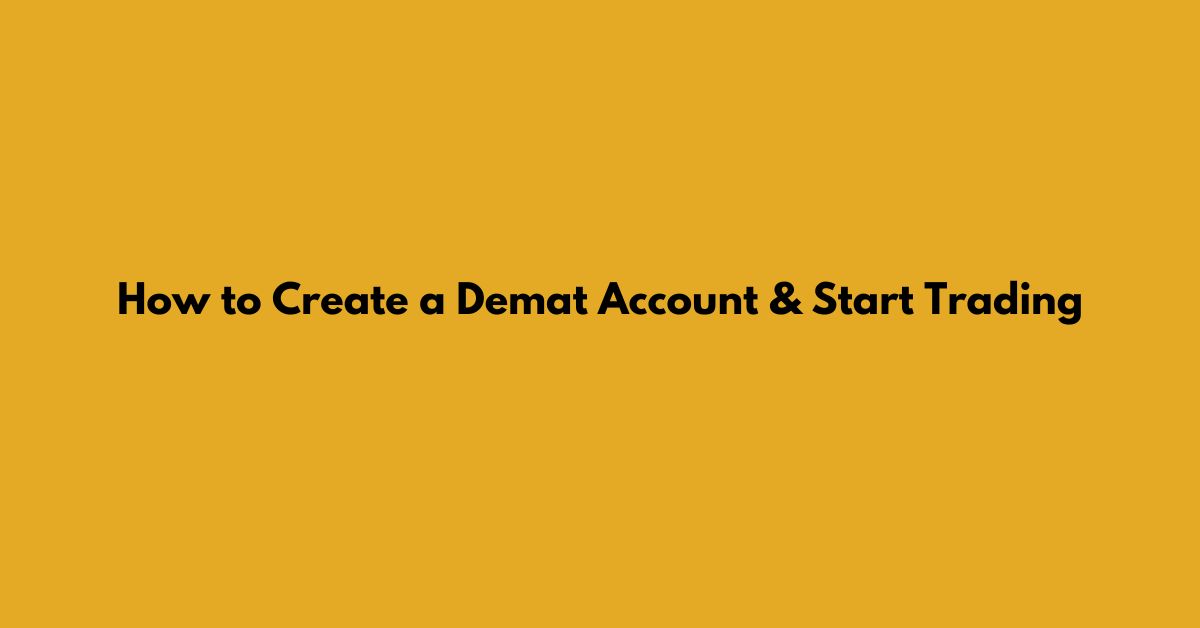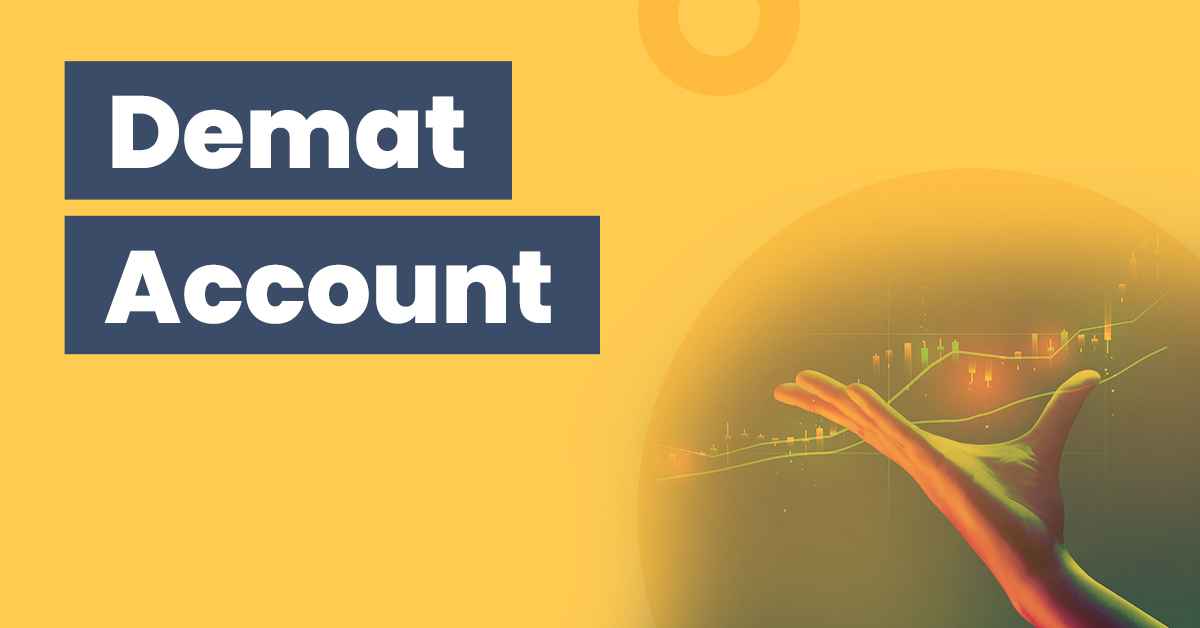Congratulations– you have chosen to invest in your very first EDC knife! We are glad you have done so and are admittedly quite proud of you, too!
As you are likely to be a beginner in the realm of knives, we feel the need to explain what these knives are (and if you already know it, this will make for a decent refresher). The “EDC” in EDC knives stands for everyday carry, which, as you might have already gathered, means a knife that you’ll carry with you daily and can be applied to nearly any situation you find yourself in.
(Fun fact: “EDC” doesn’t just refer to knives. There are various other EDC items you have, such as your wallet, keys, and phone.)
Before you go off and purchase any old EDC knife you find in the entanglements of the internet, you need to first closely consider a few key features and other aspects of these types of knives. Without further ado, behold: our brief beginner’s step-by-step guide to buying an EDC knife.
First, What Will You Do with Your New Knife?
This is easily the first step in the process of selecting any knife, but especially so with EDCs. You need to have a relatively decent understanding of what you intend to do with your new knife.
If you are on the lookout for a knife that is lightweight, compact, and can provide you with numerous usages, then an EDC knife is likely what you’re after. Some of the applications of a high-quality EDC knife are making kindling, opening packages and letters, stripping wire, cutting loose threads, prepping food, gutting fish, and other simple, relatively everyday tasks.
If these are the tasks you’re looking to accomplish with your new knife, then you are definitely on the right track of choosing the right EDC knife for you.
Second, Consider Common Features from Tip to Handle
Now you need to very closely consider the slew-like features of your desired knife, from tip to the handle.
●Folding or Fixed Blade: If you’d prefer something you could slip into your pocket, a folding blade is your best bet. If you would rather a knife that is impressive in durability and rigidity, a fixed blade is what you’re likely after.
●Sheath or Pocket Clip: Think about how you’d like to carry your knife: in a sheath or via a pocket clip?
●Blade Length: Most EDC knives are 2 to 4 inches in length (although they can be longer, yet those are likely impractical for usage). The longer the blade, the heavier the overall knife is.
●Blade Shape and Material: You can expect EDCs to come in all types of blades (drop point, clip points, etc.), but also choose the right material based on your desired edge retention, corrosion value, and other factors.
●Handle Material: The handle’s materials matter as well (here is a separate and more detailed guide on knife handle materials!).
●Blade Mechanisms (Opening and Locking): If you choose a folding EDC knife, you should also think about the opening mechanisms, which come in one-hand, two-hand, and spring-assisted. Locking mechanisms should be thought of as well: frame lock, lock back and liner lock are the most popular.
Third, Consider the Laws in Your Area
When buying any knife, but especially with EDCs, you need to know the laws of your area so you are abiding by them sublimely.
Fourth, Aesthetics!
You should also think about the aesthetics of your knife. The last thing you’d want out of any knife is for it to be practical but be so hideous that you don’t ever want to use it/show it off!
Fifth, Purchase It From the Best
You certainly want to purchase a knife that is high-quality. When you purchase EDC knives (or any other knife for that matter) from The Knife Connection, you can rest easy knowing that you are buying the best from the best. Browse all of their high-quality knives and complete your knife collection today!
For more information about Karesuando Axe and Survival Knife Please visit: The Knife Connection.





